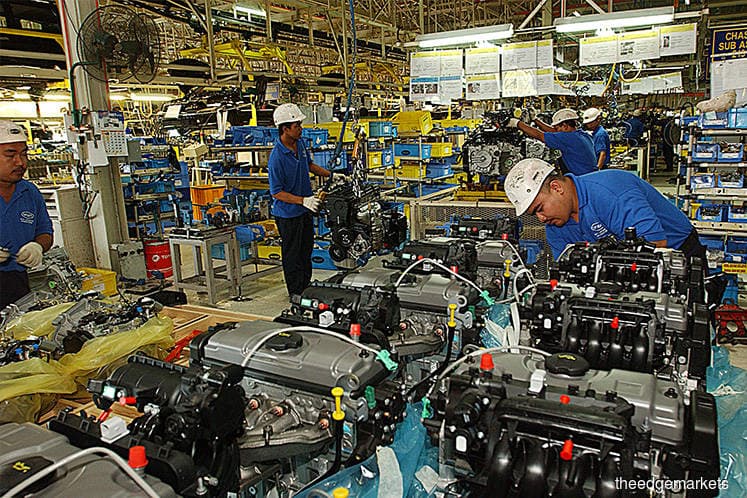
This article first appeared in The Edge Financial Daily on February 23, 2018
KUALA LUMPUR: Many Malaysian manufacturers are taking longer than normal to collect debts despite official statistics pointing towards a robust economy this year.
According to the latest survey jointly conducted by the Federation of Malaysian Manufacturers (FMM) and the Malaysian Institute of Economic Research (MIER), of 414 member companies, more than half or 52% said it took longer than the common credit period (CP) of 30 to 60 days to collect more than half of their debts.
Of the 52%, 17% said it took up to 30 days in excess of the CP; 20% said between 30 to 60 days in excess; 10% said between 60 to 90 days in excess; while the remaining 5% only managed to collect debt after 90 days from the CP.
“Businesses should not be using supply [of goods] as their cash flow; [debt collection] beyond 60 days is actually very long. This creates problems for the supply and increases the entire cost of business,” FMM council member and its former president Tan Sri Saw Choo Boon told a press briefing yesterday to announce findings of the Business Conditions Survey for the second half of 2017 (2H17).
Saw opines that small and medium entreprises may face a larger impact on cash flow given the lack of financial muscle compared to larger companies.
This is the first time the semi-annual survey has included findings of debt collection.
FMM president Datuk Soh Thian Lai said the federation has not received complaints about bad debts from its over 3,000 member companies thus far.
Meanwhile, FMM said the 1H18 outlook is encouraging as all forward-looking indicators have registered improvements over those in the previous surveys, besides concerns over rising costs of production.
Domestic demand is expected to remain resilient from the outset of 2018, as reflected in the index of expected local sales rising to 110 points in the latest survey. Almost one-third of respondents is expecting an increase in local sales in 1H18, up from 27% of the respondents in the 2H17 survey.
The export sales index, meanwhile, is expected to hold steady at 117 points, with 39% projecting higher sales abroad in coming months. Index values range from 0 to 200 points. A value above 100 points indicates an improvement or positive outlook, while that below the threshold indicates a worsening or negative outlook.
In line with the sales outlook, FMM said local manufacturers are likely to see a pickup in production volume and capacity utilisation in the months ahead, and more are expecting to expand their capacities.
Overall, the business condition index is expected to climb to 120 points in 1H18, with 37% of the 414 respondents expecting improvements. Earlier in 2H17, the benchmark index surged 14 points to 115 points.
On production costs, FMM findings show 63% of the survey respondents anticipated an increase in their production costs in 1H18, and only 6% foresaw otherwise.
FMM said local manufacturers are “bracing for higher production costs soon” as the survey saw the index for expected cost of production jump to 157 from 153 in the previous survey.
For manufacturers, Soh said production costs rose 10% year-on-year from 2016, largely due to an increase in local raw material costs resulted from a weaker ringgit against the greenback.
He, however, highlighted this cost may go down if the ringgit continues to strengthen towards the 3.5 to 3.8 mark against the US dollar.
“If the ringgit continues to strengthen, then we can pass on the cost reductions to consumers,” said Soh.
Saw also said a 10% increase in costs each year is unreasonable and unsustainable, stating the ideal increase should reflect an inflation of about 3% to 5%.
The FMM-MIER Business Conditions Survey’s results for 2H17 were favourable for the Malaysian manufacturing sector. Sales, production volume, capacity utilisation and employment picked up, while costs of production were relatively stable but still high.